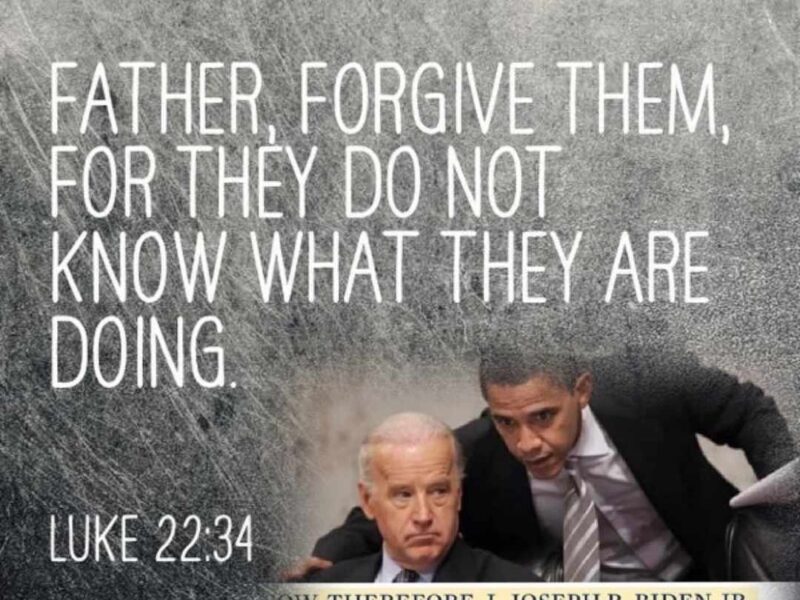Israel’s Political Quagmire
Israel’s recent election on Tuesday continued the ongoing political deadlock. Benjamin “Bibi” Netanyahu has not lost the election nor has he entirely won it. The leaders of the Blue and White Party are hopeful that they can lead the next government, but this is unlikely. How will this situation be resolved? It is clear that some compromises will need to be made, but several actors in this drama are unwilling to bend.
Election Results
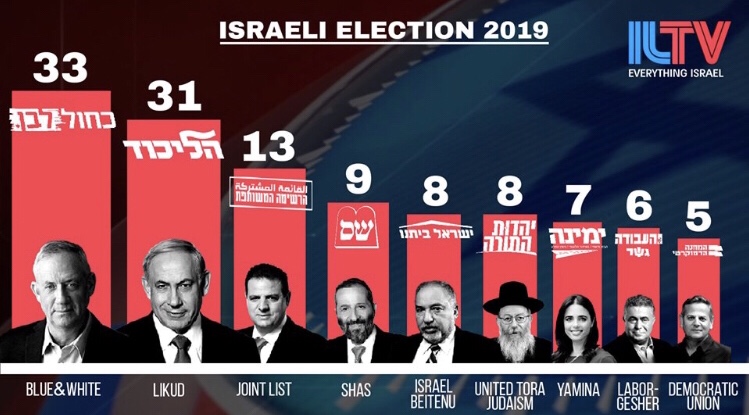
Israel utilizes a proportional parliamentary system whereby voters cast their votes for political parties rather than for individual candidates. The election is national and parties receive seats based upon their proportion of the vote. Parties must earn at least 3.25% of the vote in order to qualify to earn seats in the Knesset (“Community” in Hebrew). The Knesset is made up of 120 seats and elections are held at least every four years. In order to form a “government,” that is to seat a cabinet of ministers who govern the country, a political coalition of parties must be formed with at least a majority of the Knesset or 61 seats. An election was held in April that proved inconclusive because no governing coalition could be formed. Netanyahu pieced most of the right-leaning parties together, but he fell short of a majority.
In April Yisrael Beteinu (Israel is our Home) Party leader Avigdor Liberman refused to join the coalition due to promises Netanyahu had made to the ultra-orthodox to expand and sustain their special privileges. The ultra-orthodox are exempted from military service and receive special welfare funds. All young Israelis serve in the military and most go on to work in Israel’s fast growing, high tech economy. The ultra-orthodox men prefer to study in religious schools leaving their wives to work multiple jobs and take significant social welfare benefits in order to survive. They also have many children in each family. Ultra-orthodox schools often do not teach math and science to their children which makes it difficult for them to find work in the private sector as adults. The ultra-orthodox earned these special privileges because their political parties are often “kingmakers” in the governing coalitions. They have been able to make one-sided demands that successive governments have been forced to meet. The vast majority of Israeli voters want a secular government wherein the ultra-orthodox parties are not represented, so the government can seek more equal treatment for all Israelis.
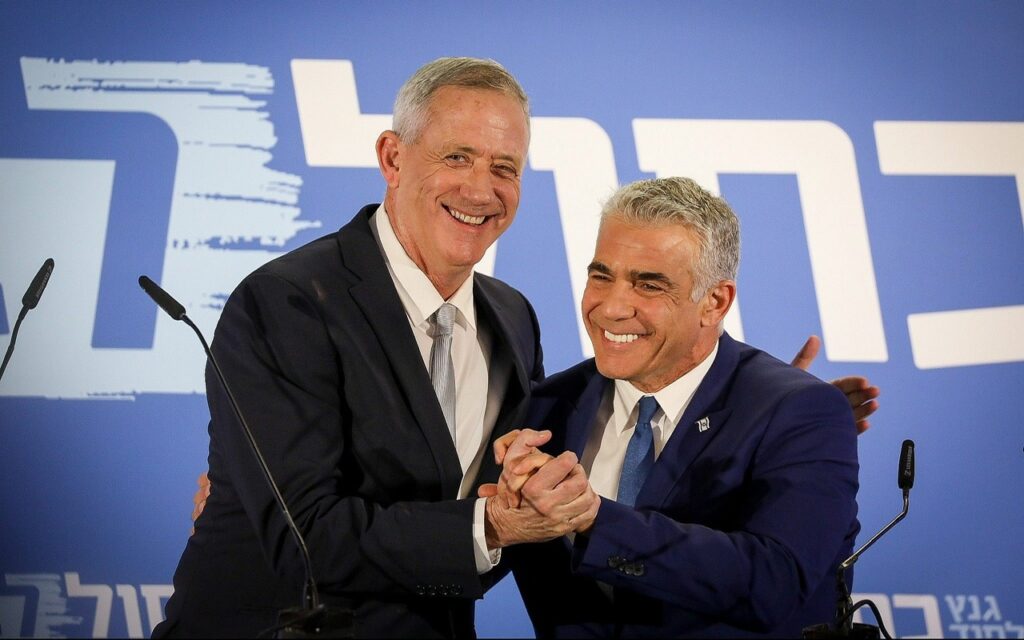
In the current election, 9 party lists cleared the threshold to serve in parliament. Some of these are multiparty lists, amalgamations of several parties who make agreements ahead of time to share seats so they can more easily clear the threshold. Although they approximately tied in April, in this election the centrist “Blue and White” Party came out slightly ahead with 33 seats to the Centre-right Likud (“Coalition”) Party’s 31 seats. Blue and White (Kahol v’Lavan) is made up of two parties: Resilience (White) led by former General Benny Gantz and Yesh Atid (There is a Future) Party (Blue) led by Yair Lapid, a former journalist whose father was a member of the Knesset. Lapid has long championed the cause of secular Israelis to end the special privileges of the ultra-orthodox. Likud is led by Benjamin “Bibi” Netanyahu who has been Prime Minister (PM) since 2009, and also served as PM from 1996 to 1999. Collectively, Netanyahu is the longest serving Prime Minister in Israeli history, having served longer than founder David Ben Gurion.
The Joint List came in third with 13 seats. This is an amalgamation of parties representing Israel’s Arab minority; so much for Israel being an apartheid state. Most of these parties are communist/socialist in nature and they tend to be very anti-Israel. The Arab parties run together in order to clear the threshold as none of them could earn seats separately. Shas came in next with 9 seats. Shas is an acronym that refers to the Talmud, Jewish religious commentaries. As the name suggests this is a religious party that represents the Sephardic (Jews of Mediterranean/Middle Eastern origin) Orthodox Jews. They support the special privileges for the ultra-orthodox and are led by, among others, Aryeh Deri, who was once convicted of several felonies for corruption and served three years in prison.

Yisrael Beteinu (Israel is our Home) won 8 seats. Led by Avigdor Liberman this party began by representing Russian immigrants who were secular and politically right-leaning. Today it has become a critical voice both for a strong defense posture for Israel, strong economic growth, and for secularism. It was Liberman’s unwillingness to accept Netanyahu’s deals with the ultra-orthodox parties that collapsed the previous efforts to form a governing coalition and brought on an unprecedented second election. Yisrael Beteinu has gained seats in this second round, emboldening its leader. Liberman began by demanding the impossible: that Netanyahu and Gantz overcome their differences and form a unity government together. Voters seem to approve of the notion. But this is an unlikely outcome.
United Torah Judaism also earned 8 seats. This party represents Ashkenazic (Jews of Central and Eastern European orign) ultra-orthodox Jews. Their platform is similar to that of Shas. Yamina (The Right) earned 7 seats. This party represents two (actually three) political parties. Ayalet Shaked and Naftali Bennet split off from the National Religious/National Union Party last year to form their own party. These two are well known as right-leaning semi-religious politicians. Bennet has long been seen as a champion for the residents of Jewish communities beyond the green line in the Shomron and Yehudah (Samaria and Judah), which the media commonly calls the “West Bank.” These parties have split again, now that elections are done. The National Religious and National Union Parties (Formerly known as Bayit HaYehudi – Home for the Jews) are right-leaning and oppose peace plans that they see as harming Israel’s Jewish identity or its territorial integrity. All of them are political allies of Netanyahu and would be willing to support his return to office as Prime Minister. Bennet has stated his willingness to consider working with Gantz, if the former General were to be tasked with forming a government.
Bringing up the rear are the last vestiges of what used to be the undisputed rulers of Israel – the Democratic Socialists. Labor governed Israel, essentially without interruption, through several governments from the foundation of Israel until the mid-1970’s. The Likud (Coalition) party formed from several rightwing parties and began to challenge Labor for supremacy. In 1999 the election of Ehud Barak as Prime Minister signaled Labor’s last foray into national leadership; and the collapse of his government in 2001 its end. Since then, Labor has continued to decline despite serving as a junior partner in several governments. Labor has fallen to near irrelevance after suffering defeat after defeat since 2001. With Israelis prospering under the new capitalist economy created by Ariel Sharon and championed by Bibi Netanyahu, there is declining interest in the socialist left. The traditionally far-left Meretz Party has also been in decline and only narrowly cleared the threshold in the last election. They formed together with Ehud Barak’s new party as the Democratic Union Party which also narrowly cleared the threshold to earn 5 seats.
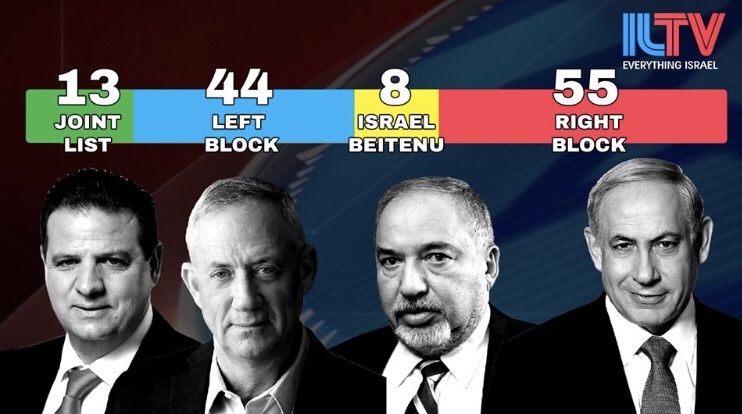
Although it has been common to speak of the Knesset as being divided into the Right Bloc (63 seats) and the Left Bloc (57 seats), not unlike America’s two party system, the Israeli Parliament is actually now four factions: The Centre-Right (46 seats), the Centre-Left (44 seats), the Religious Parties (17 seats), and the Arab Parties (13 seats). The complexities of this factionalism became clear recently as parties recommended to the President whom they would support to form a government. This typically ceremonial ritual is usually a mere side note in the process, but it took center stage after this election. Parties representing 55 seats recommended Benjamin Netanyahu to form a government, including the centre-right and religious parties except for Yisrael Beteinu. Parties representing 54 seats recommended Benny Gantz for Prime Minister, including the Left Bloc less one Arab Party less 3 seats. A party called Balad (an acronym in Hebrew for National Democratic Alliance that also means “nation” in Arabic) that refused to recommend any candidate for PM.
The President of Israel is elected for seven-year terms by the Knesset, usually an elder statesman. The President holds little real power but performs a ceremonial role as head of state; much like the Queen of England the office after which it was fashioned. President Reuven “Ruby” Rivlin is a member of the Likud Party elected in 2015. He is a long-time political rival of Netanyahu. Rivlin noted that neither candidate for Prime Minister was recommended by a majority and so recently arranged a meeting between Netanyahu and Gantz. The meeting did not lead to any breakthrough and ultimately, the President tasked Netanyahu to form a government. He believes Bibi has the best chance to form a government under the circumstances.
Forming a Government
Under more ideal circumstances a “Unity” government between Likud and Blue and White would immediately hold a majority of the Knesset, 64 seats. There has been talk of a rotation in office for the Prime Minister as was done in the 1984 election. Following that election Labor’s Shimon Peres (who later served as Israel’s President until 2015) served the first two years as Prime Minister followed by Likud’s Yitzhak Shamir for the remaining 2 years. Could Netanyahu serve 2 final years as Prime Minister followed by Gantz for 2 years? It doesn’t seem the two leaders are willing to meet half way. A unity coalition would be the strongest possible government under the circumstances. Given his longevity in office, this might be an excellent occasion for Netanyahu to bow out of politics gracefully. After two more years he will have a total of 15 years in office and is already the longest serving PM. He can then hand the government over to a new generation. Gantz would then be leading a government in which Likud would continue to be a powerful partner.
Since Netanyahu was tasked with forming the government his efforts will focus on cementing together his political allies, who hold 55 seats, while seeking 6 more. If Labor were willing to join the government, again not an unprecedented move as it has served in rightwing governments before, that would just do the trick. That government would be weak, however. It is more likely that Bibi will do his best to patch things up with Avigdor Liberman to form a 63 seat government. This will be tricky as the ultra-orthodox parties are essential to Netanyahu’s coalition building efforts. If they can reach a deal, there will be a reasonably stable rightwing government that should sustain for the next three to four years. If Bibi is unable to form a coalition within the 30 day timeframe given him by President Rivlin, the task could fall to Benny Gantz. The President can extend the time if the coalition talks appear promising, but if talks reach an impasse, the task can be given to another candidate.
Liberman will doubtlessly hold Netanyahu down to reducing the special privileges of the ultra-orthodox. According to a poll published by Hiddush.org, most Israeli’s (64%) do not want any religious parties in the government. It seems unlikely at this point that the voters will have what they want this time. There have been few governments formed in recent history without the ultra-orthodox parties.
During the coalition building process, a key question will also revolve around cabinet ministries and offices. The Israeli cabinet is not hierarchical like the American Presidency. The President can appoint and fire cabinet secretaries and they serve to implement presidential policies. In Israel, the cabinet as a whole makes national policy and each minister has considerable leeway in making policy within their particular ministry. Thus, who joins the cabinet and who holds which office will be of essential import to the ultimate question of forming a government. Can Netanyahu form a government in the time allotted? Will Liberman be willing to compromise? Could benny Gantz be given the even more difficult task of piecing together a centre-right, centre-left government? Only time will tell.
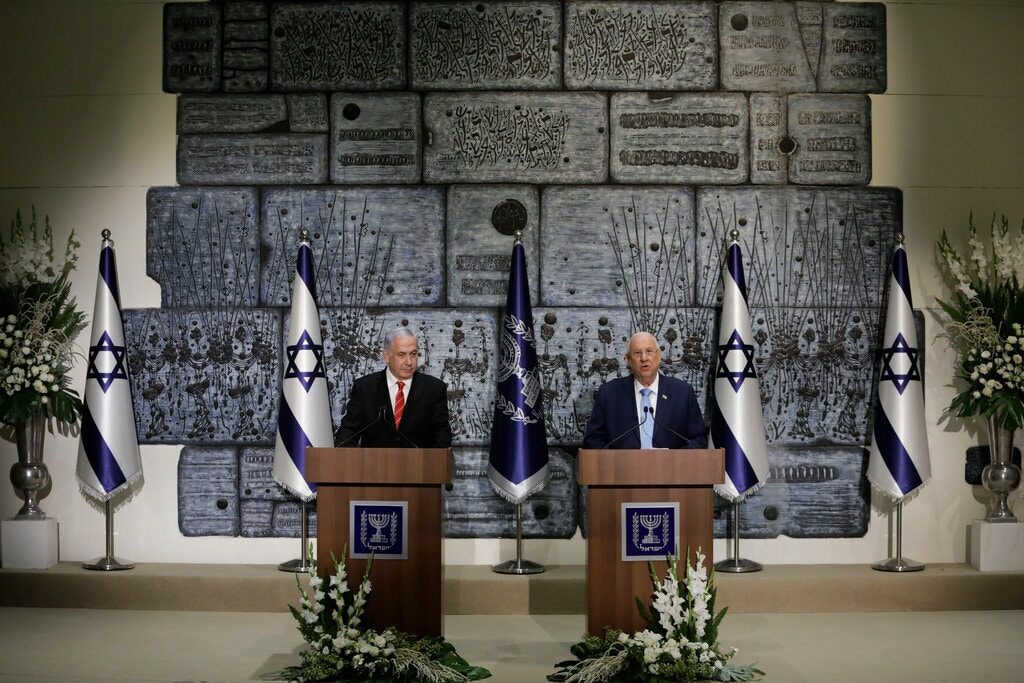
Policy Consistency
I must note that the international media likes to portray the Arab-Israeli conflict as being Israel’s fault. Then Arab leader Mufti Al-Husseini began the conflict by encouraging the massacre Jews in the 1920’s and later collaborated with the Nazis causing riots in the Middle East that cost many Jewish lives, raising a division of Bosnian Muslin troops for Himmler’s Waffen SS, and even lobbying Nazi leaders for a “final solution” to the Jewish problem. Since the Second World War Israel has been under constant attack in one form or another. Israeli governments have even been willing to entertain peace talks with evil terrorists in the hope of a settlement. Israel has made peace with every Arab state that has offered a peace agreement. Israel made peace with Egypt in 1979 and Jordan 1996. Israel signed the Oslo Accords in 1992 to help build a Palestinian State, a state which then terror leader Yasser Arafat turned into a murderous tyranny oppressing Arab and Jew alike. Israelis are highly jaded now and are suspicious of peace offers, since they seem to come at the expense of Israel’s security and at a terrible cost in Jewish lives.
The media likes to believe that Israel perpetuates the conflict and that if just the right Israeli leader came to office they would sign a peace deal. Israelis are not interested in collective suicide. Benny Gantz is a former general and if he should come to office, he is likely to pursue the same defense and foreign policy as Netanyahu. If he shows himself weak or incompetent in defending Israel, his government will quickly fall and a new one will be elected. So while the media might want to celebrate Gantz and condemn Netanyahu there is not that great a difference between them on these critical policy areas. Their differences have to do with domestic policies and personalities.





